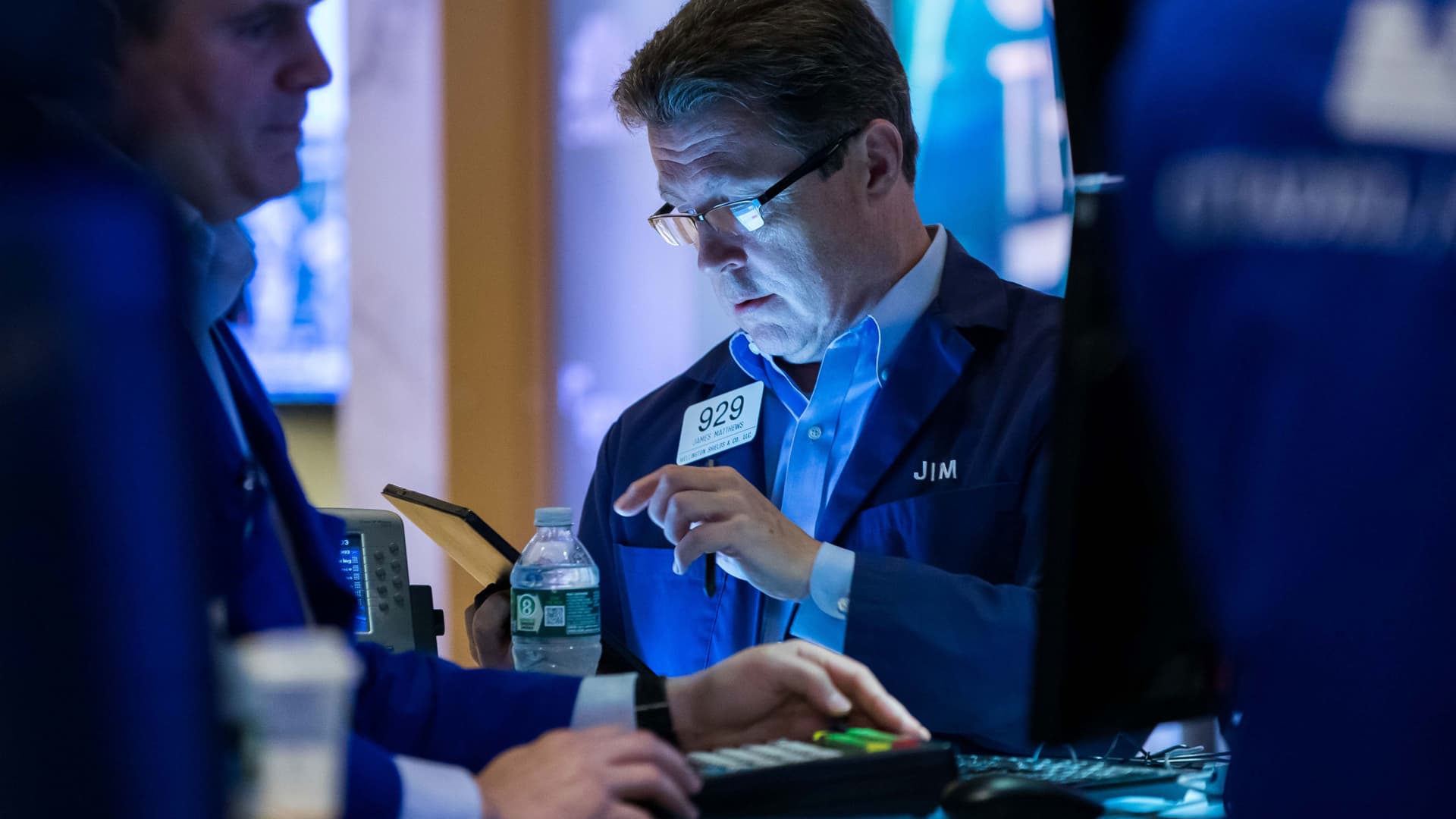SPAC market hits a wall as issuance dries up and valuation bubble bursts

The SPAC boom is officially a thing of the past.
Not a single special purpose acquisition company was issued in July as the market slowdown turned into a screeching halt, according to CNBC calculations of SPAC Research data. Sponsors who once took advantage of a hot market were forced to pause as investor interest waned and regulatory pressure ramped up.
SPAC investors have turned their backs on speculative high-growth equities with unproven track records after many of these firms failed to meet inflated forecasts. Meanwhile, regulators started to look into deals that entice investors with forward-looking statements after a boom in 2020 and 2021 created more than 600 SPACs hunting for targets before time runs out.
“I think that was a once-in-a-lifetime experience just like during the internet bubble,” said Jay Ritter, University of Florida finance professor. “A year ago, the whole market was overpaying and now we have a reset. Giving a valuation of $500 million on a zero revenue company … those days are gone.”
A recent acquisition highlighted just how absurd SPAC valuations were during the mania. Nikola recently announced it will buy Romeo Power in a $144 million all-stock transaction. That’s just about 10% of Romeo Power’s valuation when it merged with a SPAC less than two years ago.
Along with issuance drying up, liquidations are rising amid difficulties in finding suitable targets. Three deals were tabled last month, including Bill Ackman’s record $4 billion Pershing Square Tontine, pushing the number of liquidations this year to 10 deals. In all of 2021, only one SPAC was liquidated, according to the calculations.
“We expect the acquisition landscape to remain highly competitive, and caution that many SPACs are likely to be pressured on time to find suitable targets,” Venu Krishna, deputy head of U.S. equity research at Barclays, said in a note.
— CNBC’s Gina Francolla contributed reporting.




